Explore New Construction Homes in Boiling Springs, PA
Bryan Bloom • December 3, 2024
In the heart of Cumberland County, a serene village that borrows its name from a bubbling natural spring
Boiling Springs, Pennsylvania
emerges as an alluring destination for real estate enthusiasts. Situated just a short drive from the Susquehanna River, the locale is preferred by many due to its unique blend of rural charm and robust community. The real estate landscape here is marked with the unmistakable sign of resurgence: new construction homes. With its population of approximately 4,000 residents growing at a steady pace, Boiling Springs, PA has seen a surge in the development of these housing projects. The demand for new homes is so compelling that builders and prospective homeowners are showing increased interest in this once-sleepy village.
From safe walking paths around Children's Lake to easy access to essential amenities, Boiling Springs demonstrates a quality of life perfect for any new homeowner. Paired with its tight-knit community and excellent school district, it is no wonder that families looking to adapt to modern housing trends are turning their eyes to Boiling Springs.



